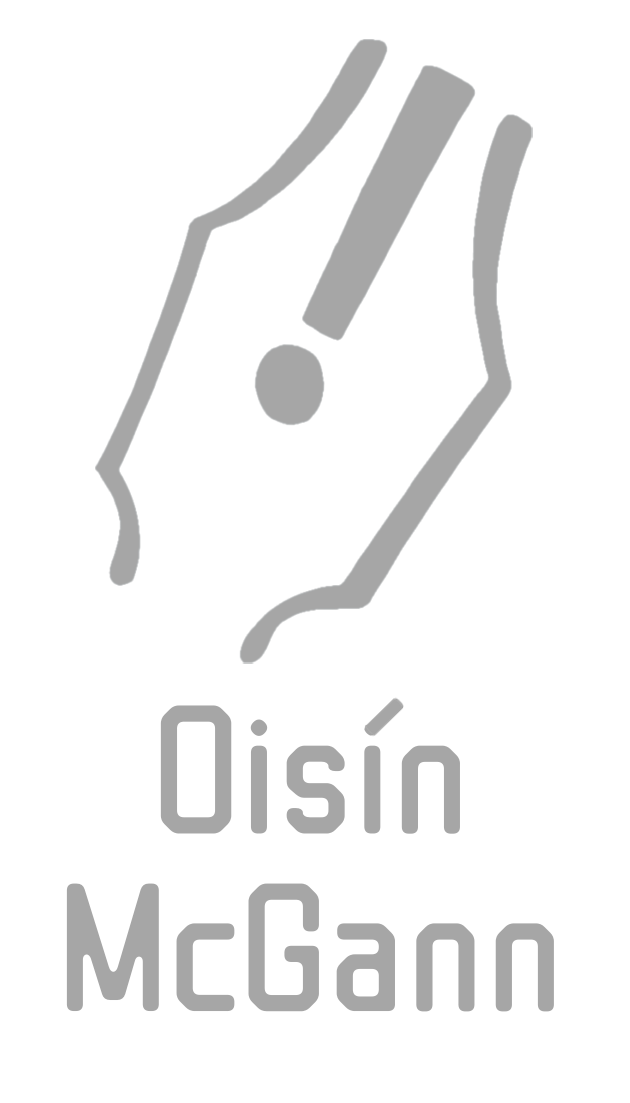It doesn’t matter if you’re not a fan of science fiction. If you’re reading this blog, you’re living in a sci-fi world.
What’s your favourite kind of reading? Which way do you read most? Think about it – do you really spend most of your reading time on books? Or maybe you read more emails, or posts on networking sites, or magazines, newspapers or comics. Or maybe you read cereal boxes or DVD boxes. Maybe you spend most of your time reading road-signs. It’s all reading, and whatever type of reading you do, it’s probably important in your life. I’m fascinated with the different ways we have of feeding on text.
It seems that the Amazon Kindle is finally going global, having been restricted to the US since its release. This is good, because it’ll give Sony and Google a kick up the arse. I like seeing the giants sweat a little, I like seeing them butt heads. They can’t be allowed to have too much control over what and how we read and the way things are going, they could.
If you don’t know what the Kindle is, or you’ve never heard of eReaders, you should check them out. I don’t think there’s going to be a single format that text will be consumed in the future – instead, everyone’s going to have a favourite way of reading, and publishers will have to become more dynamic in providing these different formats.
I still read books. I also spend a lot of time reading websites, online articles, blogs and, of course, emails.  But my favourite type of text is stories, and most of the best stories are told in books. And on the web, pictures are respected more than they often are in publishing, and I love good pictures.
But my favourite type of text is stories, and most of the best stories are told in books. And on the web, pictures are respected more than they often are in publishing, and I love good pictures.
I can now browse the web and even read books on my phone – I also have my events schedule, a dictionary, a thesaurus and the entire Irish phone directory on this one small device, which has more processing power than the first spacecraft to land on the moon. It also has the usual camera, alarm clock, calculator etc. I can access the astounding wealth of knowledge that the web offers with a device that’s smaller than my hand. And I have to be careful of that information, because now anybody can just put stuff out there. Nobody’s checking it for me. It’s up to me to make sure I’m not getting fooled.
But, like most people, I spend a lot of time using these technological miracles for entertainment. I am a member of South Dublin County Libraries’ Download Zone, where I can download ebooks and audio-books for free (and legally). I do a lot of long walks and I can now listen to audio-books on my phone. I also do a lot of long drives. My phone can connect to my car stereo using Bluetooth, so the same audio-book I was listening to on my walk can continue playing in the car. If a call comes in, the audio-book pauses while I answer the call, and my stereo acts as a hands-free system.
I take a call from someone asking me to send a photo, or a document, or a piece of video. I can do that and go straight back to listening to my audio-book. All while I’m stuck in traffic. If I lose my way, I can look up a map on the phone (but I still prefer the type that fold out nice and big). It’s a little unnerving though, when I go to the maps section, and IT ALREADY KNOWS WHERE I AM. I decide to turn off that function. But there’s no escaping the fact that I am living in a science fiction world.
It would be easy to get used to all this, and in a way I have to, if I’m to manage my life in an increasingly complicated world. But I wonder if we’ll ever reach a point where we’ll be helpless without this stuff? Where, if you detach us from our access points, our flow of information and stimulation, we will be unable to survive? Will there come a day in the distant future when, if I lose my phone, and I’m away from home, from familiar surroundings, from internet access, I could be lost forever? My God, what if I just forget my dozens of passwords?
Suddenly, my luddite brain is muttering suspiciously to me about the little piece of plastic, metal and silicon in my pocket.
